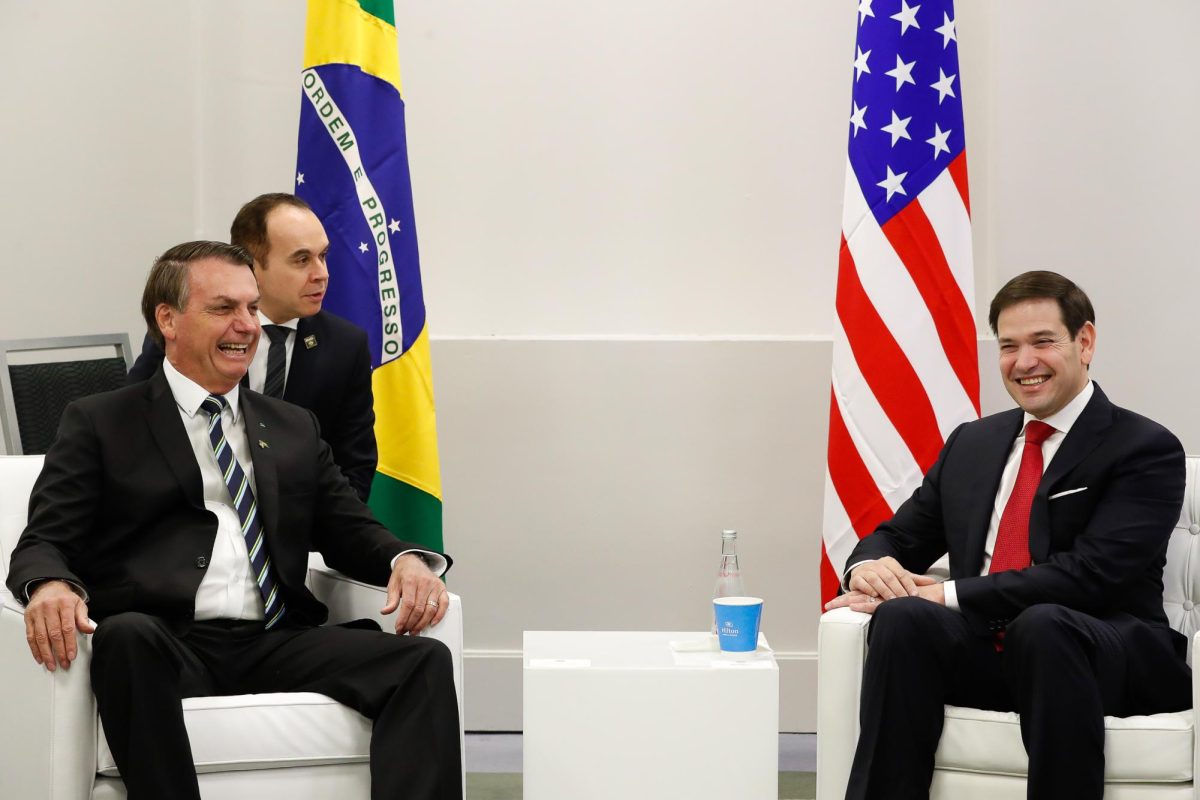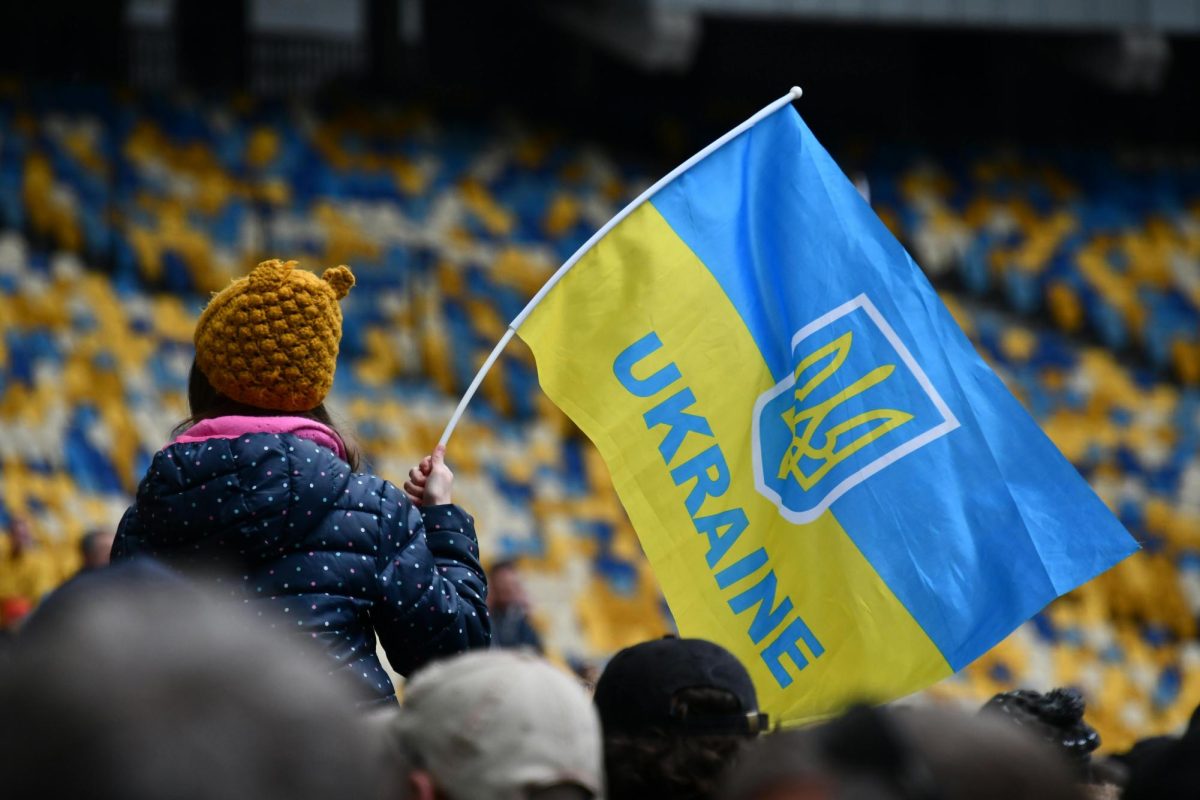Former Brazilian President Jair Bolsonaro has been sentenced to 27 years and three months in prison after being found guilty of plotting a military coup. The sentence was handed down by a panel of five Supreme Court justices just hours after Bolsonaro was convicted. They ruled that he was guilty of leading a conspiracy meant to keep him in power, after losing the 2022 election.
Since 2022, he has also been barred from running for any public office for eight years, with some sources reporting that the statute will run out in 2030, and other’s reporting it will end in 2060, eight years after his release from prison, although he will remain under house arrest after completion of his sentence.
Four of the justices found him guilty, while one chose to acquit. Bolsonaro’s lawyers have found the punishment “absurdly excessive” and are seeking to file the proper appeals.
Following his sentencing, U.S. Secretary of State Marco Rubio commented that the U.S. would be responding to the conviction.
Trump later showed support for Bolsonaro, criticizing the Brazilian judicial system and saying he was a “great man and president” and later framing the 50% tariffs on Brazilian goods as retaliation for Bolsonaro’s prosecution. While Rubio has announced visa revocations for Alexandre de Moraes, the Brazilian Supreme Court Justice who presided over Bolsonaro’s case, and his unspecified allies on the court after the court issued search warrants and restraining orders against Bolsonaro.
Brazil’s foreign ministry responded, saying that Rubio’s comment was an attack on Brazilian authority and ignores the compelling evidence on record. Following it up with a promise that Brazilian democracy would not be intimidated by the U.S. government.
Bolsonaro’s son, Brazilian Congressman Eduardo Bolsonaro, has also shown support for the U.S. government’s actions. He has referred to the current state of the Brazilian government as a “dictatorship that is being installed.” This was followed by a warning of potential sanctions for any Supreme Court justice that voted in accordance with Moraes and supported his father’s sentencing.
Brazilian authorities still remain steadfast in their choice, not bending or releasing the former president even after international pressure, which has not currently gone any further.







